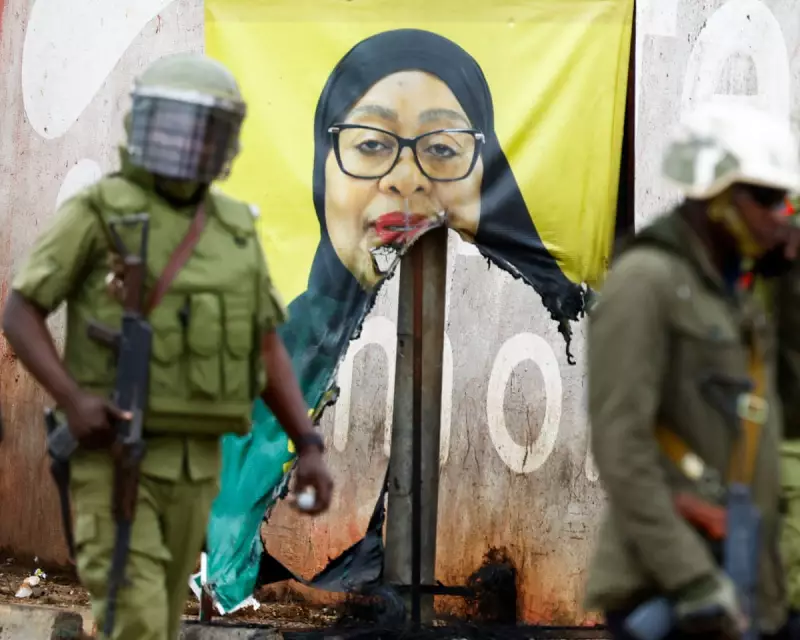
Tanzania has been plunged into political crisis following disputed presidential election results that have triggered widespread protests and violent confrontations between security forces and opposition supporters.
Opposition Leader Challenges Official Results
Tundu Lissu, the main opposition candidate, has categorically rejected the election outcome announced by the National Electoral Commission. In a fiery press conference, Lissu declared the results "a complete sham" and accused the ruling party of orchestrating systematic vote manipulation.
"We will not accept these fraudulent results," Lissu stated emphatically. "The people of Tanzania have spoken, and their voice is being stolen through blatant electoral theft."
Violent Clashes Rock Major Cities
The political dispute has spilled onto the streets, with reports of significant unrest in several urban centres. Security forces have responded to demonstrations with tear gas and, according to eyewitness accounts, live ammunition in some instances.
In Dar es Salaam, the commercial capital, plumes of smoke were visible as protesters burned tyres and erected barricades. Similar scenes unfolded in Mwanza and Arusha, where young activists clashed with riot police throughout the night.
International Observers Express Concern
Several international election monitoring groups have raised serious concerns about the electoral process. Preliminary reports highlight numerous irregularities, including:
- Restricted access for opposition agents at polling stations
- Reports of pre-marked ballots in several constituencies
- Internet slowdowns affecting communication between party officials
- Intimidation of journalists covering the election
Government Maintains Election Was Fair
The ruling CCM party has defended the electoral process as transparent and credible. Government spokesperson Hassan Abbasi told reporters that Tanzania had conducted "a peaceful and democratic election that reflects the will of the people."
"We urge all parties to respect the legal processes and avoid actions that could destabilise our nation," Abbasi added, while warning that security forces would "maintain order" against what he described as "unlawful elements."
Historical Context of Political Tension
This electoral dispute continues a pattern of political friction in Tanzania. The 2020 election was similarly marred by controversy and followed by a crackdown on opposition figures. Lissu himself survived an assassination attempt in 2017, spending years in exile before returning to contest this election.
The current crisis represents a critical test for Tanzania's democratic institutions and raises important questions about the future direction of one of East Africa's most significant nations.





